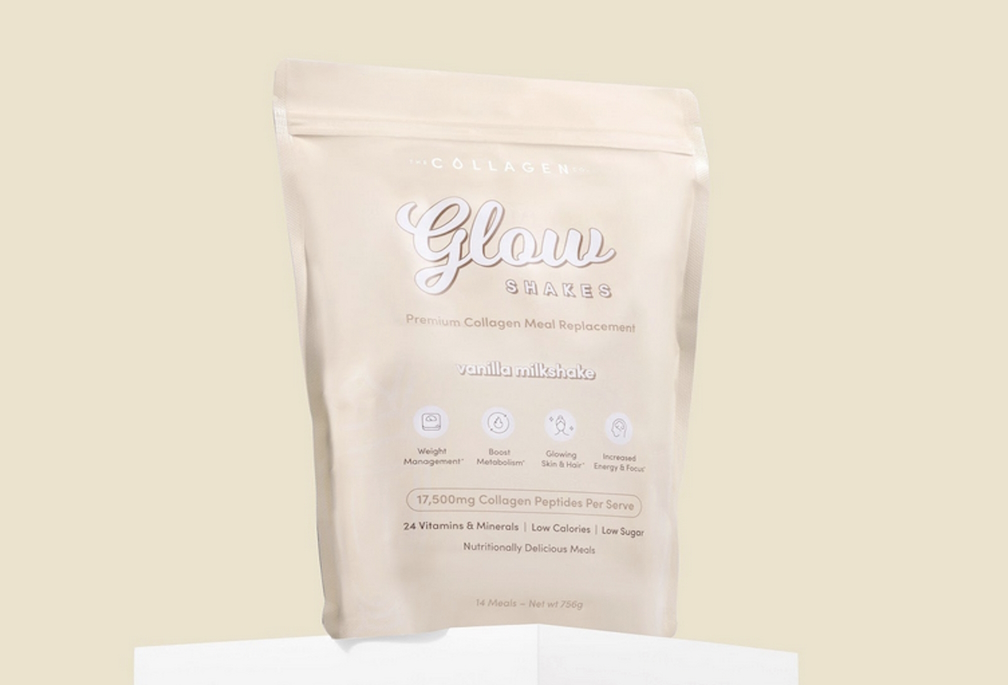Exploring the World of Meal Replacements: A Comprehensive Guide
- Written by Rain Check

In today's fast-paced world, where time is of the essence and convenience reigns supreme, meal replacements have emerged as a popular option for busy individuals seeking quick and easy solutions to meet their nutritional needs. From shakes and bars to powders and ready-to-drink beverages, meal replacements offer a convenient alternative to traditional meals, promising a balance of essential nutrients in a convenient, portable format. But what exactly are meal replacements, and how do they fit into a healthy lifestyle? Let's delve into the realm of meal replacements and uncover their benefits, considerations, and potential pitfalls.
Understanding Meal Replacements: More Than Just Convenience
Meal replacements are precisely what their name implies – products designed to replace one or more meals while providing a comprehensive array of essential nutrients, including proteins, carbohydrates, fats, vitamins, and minerals. Unlike dietary supplements, which typically target specific nutrients or micronutrients, meal replacements aim to replicate the nutritional profile of a balanced meal, offering satiety and sustained energy levels.
The Rise of Meal Replacements in Modern Society
The popularity of meal replacements can be attributed to several factors:
1. Convenience: In an era characterized by hectic schedules and on-the-go lifestyles, meal replacements offer a convenient solution for individuals with limited time to prepare or consume traditional meals.2. Portability: Meal replacements come in a variety of formats, including shakes, bars, powders, and ready-to-drink beverages, making them easily transportable and suitable for consumption anytime, anywhere.
3. Nutritional Balance: Unlike fast food or convenience snacks, which often lack nutritional value, meal replacements are formulated to provide a balanced combination of macronutrients and micronutrients, ensuring adequate nutrition in a single serving.
4. Weight Management: For individuals looking to manage their weight or achieve specific health goals, such as muscle gain or fat loss, meal replacements can serve as a convenient tool for portion control and calorie management.
Navigating the Landscape of Meal Replacements
When considering meal replacements as part of a dietary regimen, it's essential to weigh the following factors:
1. Nutritional Profile: Opt for meal replacements that offer a balanced blend of macronutrients (proteins, carbohydrates, and fats) and micronutrients (vitamins and minerals) to support overall health and well-being.2. Ingredients: Scrutinize the ingredient list to ensure that the meal replacement is free from artificial additives, preservatives, and excessive sugars or fillers.
3. Caloric Content: Depending on individual energy requirements and health goals, choose meal replacements with an appropriate caloric content that aligns with overall dietary needs.
4. Taste and Texture: While nutritional content is paramount, taste and texture play a significant role in the palatability and enjoyment of meal replacements. Experiment with different flavors and formulations to find options that suit your preferences.
5. Cost and Accessibility: Consider the cost-effectiveness and availability of meal replacements, taking into account budgetary constraints and accessibility in your local area or online.
Integrating Meal Replacements Into a Healthy Lifestyle
While meal replacements offer convenience and nutritional benefits, they should not serve as a substitute for whole foods or a balanced diet. Instead, they can complement a healthy eating plan as a convenient option for busy days or as a strategic tool for achieving specific dietary goals. To maximize the benefits of meal replacements and promote overall health and well-being, consider the following tips:
- Use meal replacements as part of a varied and balanced diet that includes a diverse array of whole foods such as fruits, vegetables, lean proteins, whole grains, and healthy fats.
- Incorporate meal replacements into a structured eating plan that emphasizes portion control, mindful eating, and regular physical activity.
- Consult with a healthcare professional or registered dietitian to ensure that meal replacements align with individual nutritional needs and health goals, especially for individuals with specific dietary restrictions or medical conditions.
Embracing Convenience Without Compromise
In conclusion, meal replacements offer a convenient and practical solution for busy individuals seeking to maintain a balanced diet amidst the demands of modern life. By selecting high-quality meal replacements that prioritize nutritional balance, ingredient integrity, and taste satisfaction, individuals can harness the benefits of convenience without compromising their health and well-being.
Remember, meal replacements are just one tool in the toolbox of healthy eating – they should complement, not replace, a diverse and nutrient-rich diet centred around whole, minimally processed foods. So, embrace the convenience of meal replacements wisely, and let them empower you to nourish your body, fuel your lifestyle, and thrive.





